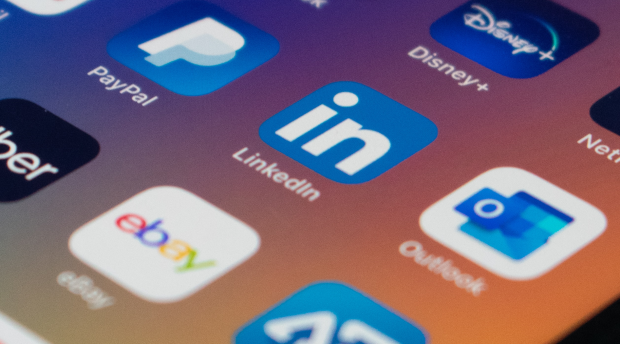LinkedIn harvesting clipboard data in iOS 14, but says privacy invasion is a bug

LinkedIn harvesting clipboard data in iOS 14, but says privacy invasion is a bug

The professional social network LinkedIn has responded to reports claiming it has been harvesting the clipboard data of iOS 14 beta users.
After it was called out for copying the contents of an iOS 14 beta user’s clipboard following every single keystroke, the Microsoft-owned company said the practice was a bug and not a deliberate ploy to snoop on users.
The issue came to light via Twitter user @DonCubed, who discovered that, while using LinkedIn, his iPad Pro running iOS 14 continually pointed out that “Linkedin pasted from another device.” That other device was the clipboard of his Mac Pro. You can see it in the video embedded in the tweet below:
LinkedIn is copying the contents of my clipboard every keystroke. IOS 14 allows users to see each paste notification.
I’m on an IPad Pro and it’s copying from the clipboard of my MacBook Pro.
Tik tok just got called out for this exact reason. pic.twitter.com/l6NIT8ixEF
— Don 𝘧𝘳𝘰𝘮 urspace.io (@DonCubed) July 2, 2020
Responding to the tweet Erran Berger, LinkedIn’s VP of engineering promised a fix for the bug, while pointing to a GitHub library where the fix was already available.
Related: Best iOs 14 features
He wrote (via ZDnet): “Appreciate you raising this. We’ve traced this to a code path that only does an equality check between the clipboard contents and the currently typed content in a text box. We don’t store or transmit the clipboard contents.”
The bug emerged thanks to a new privacy feature in iOS 14 that will allow users to see when an application copies content from another application or device. The feature is in beta with developers right now, and has already revealed a high profile service unnecessarily accessing users’ clipboards, whether it’s a big or something more sinister.
It’s still early days for iOS 14 and LinkedIn isn’t the only app to be called out. Last week TikTok was accused of a similar practice, which was brought to light by Emojipedia’s Jeremy Burge on Twitter.
Okay so TikTok is grabbing the contents of my clipboard every 1-3 keystrokes. iOS 14 is snitching on it with the new paste notification pic.twitter.com/OSXP43t5SZ
— Jeremy Burge (@jeremyburge) June 24, 2020
TikTok said it was an anti-spam feature. In a statement, to The Verge, the Chinese short video service wrote: “Following the beta release of iOS 14 on June 22, users saw notifications while using a number of popular apps. For TikTok, this was triggered by a feature designed to identify repetitive, spammy behaviour.”




















